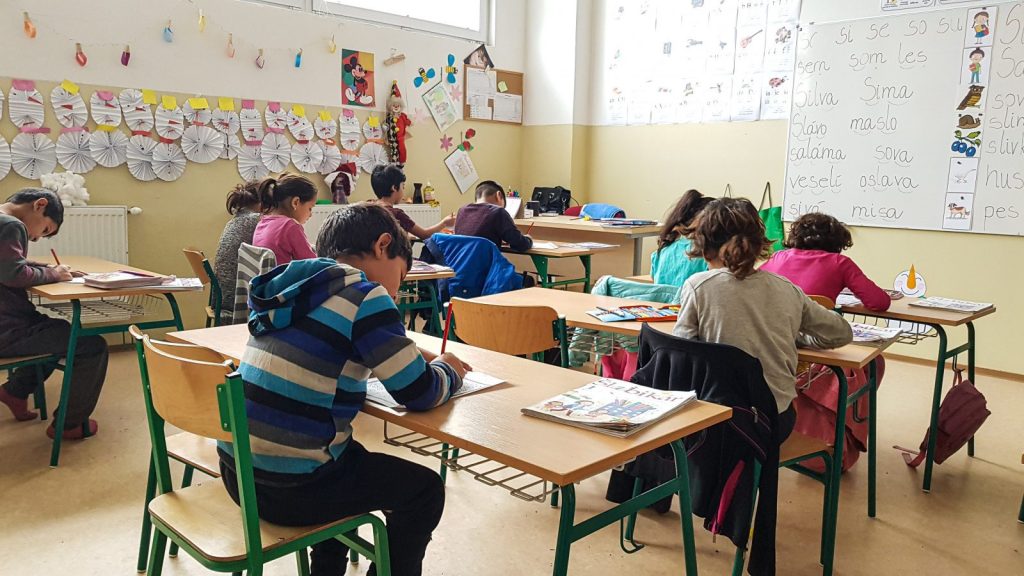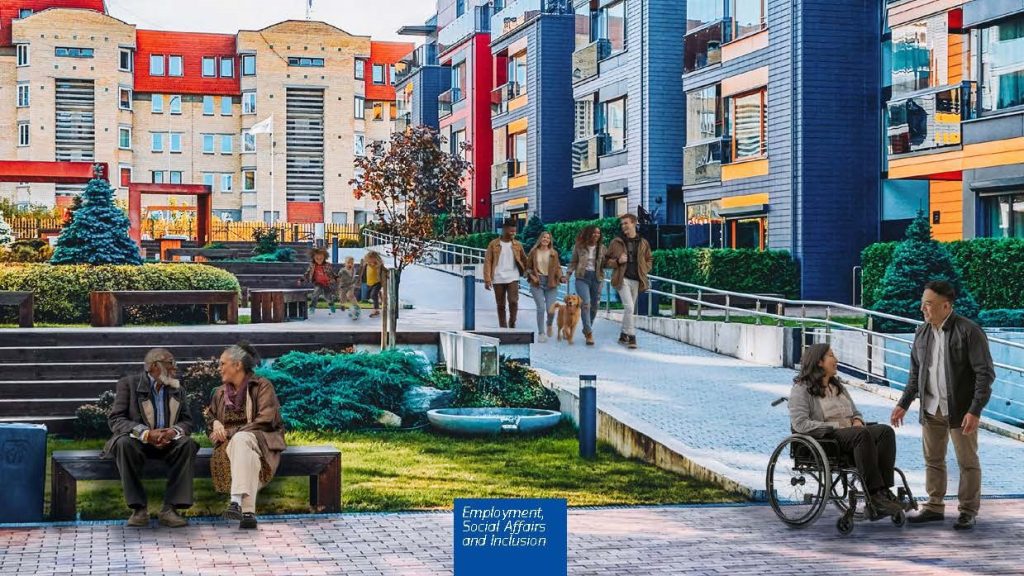If there is one thing that this exceptional pandemic situation which we are all facing has revealed, is the great barriers that people with hearing disabilities face on a daily basis.
For this reason, FIAPAS’s main focus in this moment are people with hearing loss and their families, and also the workers in our headquarters and in our associations, their families, and all people in general working, or staying at home. Each and every citizen is in our thoughts and concerns in these days.
Nowadays, this concern about people with hearing disabilities moves our daily work in order to ensure the fulfillment of their rights during this crisis, but also preparing the deconfinement process. New words in our vocabulary that make necessary anticipation and collaboration, within our Spanish and European associative movement and other organisations, in the field of disability or not, and with state, regional and local administrations.
At a time when all citizens are hungry for information, and the audiovisual media and social networks are full of broadcasts and press conferences, we see that these are not always accessible to people with hearing impairments. The generalist public television broadcasts incorporate subtitles, nevertheless, regional and local televisions, as well as mass media online provide, in most of the cases, information without subtitles, forgetting deaf people who need this resource of supporting oral communication to access information.
With the aim of relieving the health services, offering information, support and assistance, different regional authorities have established many emergency and attention hotlines, which cannot be accessed via text messages or instant messaging, so that people with deafness cannot access them, with the serious harm that this implies for their health and that of their families.
This pandemic has meant that we have had to adapt ourselves to new formats in order to continue with our daily lives. In this regard, we are particularly concerned about the education of children and young people with hearing disabilities, for whom distance education by non-accessible online means compromises their right to education and equal opportunities. FIAPAS calls for the transcription of the teachings of the teachers and any audio or audiovisual material with subtitles, indications and written guidelines for the accomplishment of homework, as well as sign language interpreters for those students who use this language. Also, we request accessible evaluations that take into account the knowledge and competences with flexibility, because part of the students, due to their personal circumstances, have not had access to the contents.
Communication with deaf people who are ill or in poor health is also one of our priorities during this health emergency. Many of the elderly people who visit health centres are hearing aid users and in a situation of stress, communication is not easy. In addition, with the masks on, it is not possible for the deaf person to lip-read the person who is talking to them, and hearing is less clear and intelligible, making it difficult to understand the message. For this reason, FIAPAS has drawn up some simple guidelines for health, safety and emergency personnel to help them communicate with and attend to people with hearing impairments (bit.ly/pautas-comunicacion-fiapas).
Due to these difficulties in communication and the new barrier that masks are going to represent for people with hearing impairments who rely on lip reading, we observe laudable initiatives for the realization of masks with a transparent area that facilitates such reading. However, from FIAPAS we have addressed the heads of the Ministry of Health to clarify whether these products are approved and safe for health, for use in the current circumstances of health alert. And if not, they must adopt measures to inform the population about and value making a product that meets the security requirements.
From the FIAPAS headquarters we maintain our activity, working from home. We have increased our political and social advocacy actions, as well as our communication activities, trying to keep deaf people and their families informed, as well as elaborating specific materials about the COVID19.
As many other organisations, we have had to adapt our schedule of activities to the new situation, which has forced us to postpone some events which we had planned for this year, while others are still being implemented virtually. In addition, through our Service of Access to Information and Communication, financed by the IRPF tax allocation and the support of the ONCE Foundation, we are intensifying our action to make the appearances and plenary sessions in the Spanish parliament accessible.
However, we hope that our funders will relax their demands on the expected results of the projects implemented as, in some cases, they may be affected by this exceptional circumstance.
Most of the associations and federations belonging to the FIAPAS Family Movement are working from home, increasing their political and social advocacy role. They continue providing their services of care and support to families, speech therapy rehabilitation, school support, psychological attention, labour insertion…, although in many cases, they have to develop their work in a precarious way, using their own personal resources. However, I am proud to say that, although some entities have had their public contracts and agreements suspended, they continue to do their best to ensure that people with deafness and their families are not affected by the lack of specialised care.
However, I cannot finish without calling on the need to ensure economic resources so that the entities of the disability movement, in our case FIAPAS Family Movement, can continue with our work of representation, defence and support to deaf people and their families.
_____________________________________________________________________________________
**DISCLAIMER: All opinions in this article reflect the views of the author, not of COFACE Families Europe**
About the author:
Jose Luis Aedo, is the president of Spanish Confederation of Families of Deaf People (FIAPAS), a state-established organization. Is the largest platform representing the families of deaf people in Spain and has been working for more than 42 years to defend the rights and interests of deaf people and their families and to improve their quality of life.





